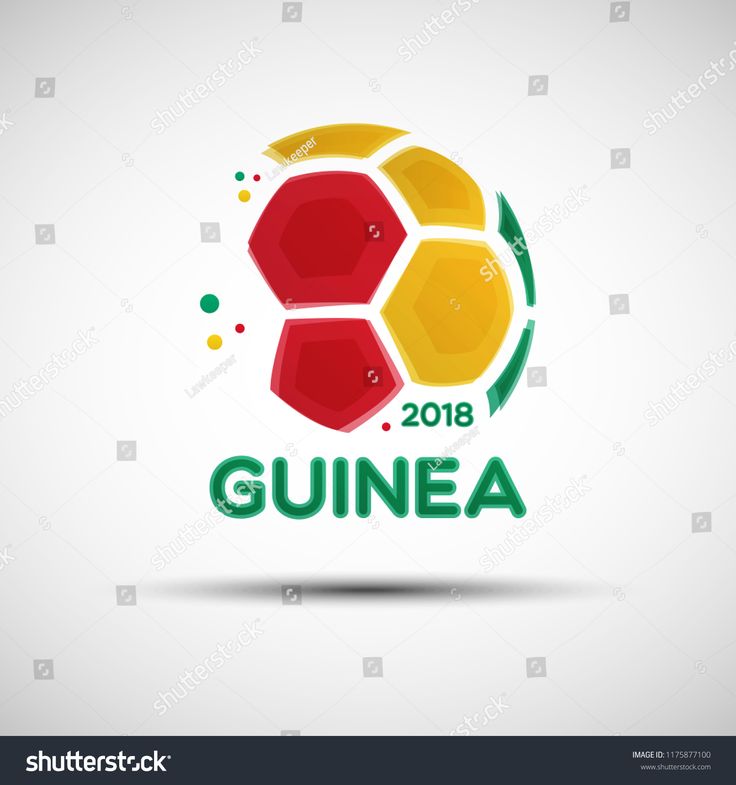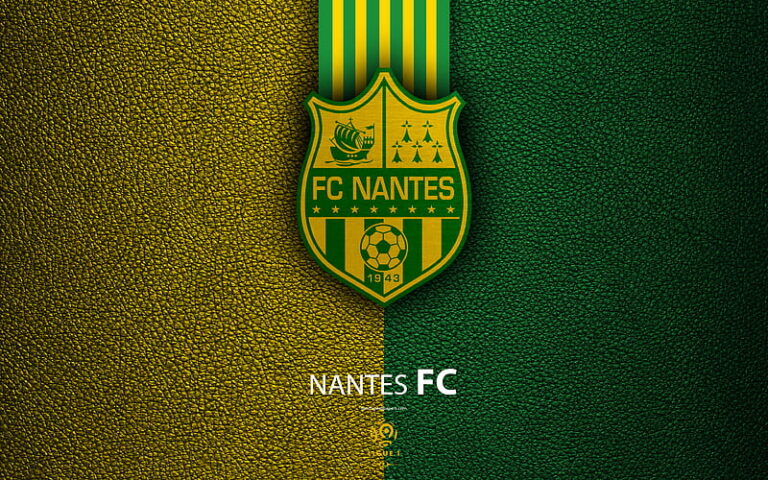
Guinea FC
Guinea FC stands as a symbol of passion, resilience, and national pride within the vibrant landscape of Guinean football. As an emblem of sporting excellence and community identity, Guinea FC has cultivated a rich history intertwined with the nation’s sporting aspirations and cultural heritage. The club’s journey reflects the dynamic evolution of football in Guinea, inspiring generations and fostering unity among fans across the country. This article explores the multifaceted story of Guinea FC—its origins, achievements, challenges, and its unyielding role as the heartbeat of Guinean football.
The Origins and Historical Development of Guinea FC
Understanding Guinea FC’s roots provides insight into its enduring significance in Guinean society. From humble beginnings to becoming a formidable force on the national stage, the club’s history is a testament to perseverance and community support. Over the decades, Guinea FC has weathered political upheavals, economic challenges, and the evolving landscape of African football—all while maintaining its core identity rooted in Guinean culture and local talent development BET88.
Early Foundations and Formation of Guinea FC
In the dawn of the modern era of Guinean football, local communities recognized the necessity of establishing their own clubs to nurture talent and foster local pride. Guinea FC was officially founded in the early 20th century, initially as a modest team composed predominantly of local youth and enthusiasts passionate about football. During this formative period, the club’s primary goal was to promote the sport at grassroots levels and serve as a platform for young players to showcase their skills.
The establishment of Guinea FC was driven by community leaders and football enthusiasts who sought to create a unifying institution that could bring people together through sport. Early matches often drew large crowds, reflecting the deep-rooted passion for football among Guineans. The club’s colors, emblem, and initial roster began to symbolize much more than just a team; they embodied hope, resilience, and communal identity amid a complex socio-political context.
Growth and Expansion in the Post-Colonial Era
Post-independence Guinea saw a surge in national pride, which extended into the realm of sports. Guinea FC gradually transitioned from a local neighborhood team into a recognized entity participating in regional competitions. The 1950s and 1960s marked a period of expansion, during which the club invested in better training facilities, recruited talented players from across the country, and developed strategic partnerships with other institutions.
During this era, Guinea FC also became a symbol of national unity, especially after independence in 1958. The club’s performances on the field lifted spirits and fostered a sense of collective achievement beyond politics and socioeconomic divides. Notably, Guinea FC participated in early national championships, setting the groundwork for its future dominance in Guinean football. The club’s commitment to nurturing local talent helped to establish a pipeline of skilled players who would go on to represent Guinea at international levels.
Challenges and Resilience in the 20th Century
Despite successes, Guinea FC faced numerous hurdles including financial constraints, infrastructural deficiencies, and political instability that sometimes disrupted sporting programs. The 1970s and 1980s were particularly tumultuous periods, yet the club persisted, driven by loyal supporters and dedicated management. It adapted to challenging circumstances by emphasizing youth development and community engagement, ensuring its survival amidst adversity.
Moreover, Guinea FC’s rivalry with neighboring clubs intensified during these decades, fueling competitive spirit and drawing larger crowds. Derbies became landmarks of Guinean football culture, often reflecting broader societal tensions and aspirations. The club’s resilience during these difficult times solidified its reputation as an enduring pillar of Guinean sports.
Modern Era and Strategic Rebirth
Entering the 21st century, Guinea FC underwent significant restructuring aimed at professionalization and modernization. Investments in infrastructure, coaching, and youth academies transformed the club into a more competitive force. These efforts aligned with Guinea’s broader ambitions to develop its football standards and improve performance in continental tournaments.
Today, Guinea FC stands as a blend of tradition and innovation. The club continues to honor its historical roots while embracing new technologies, scouting strategies, and community outreach initiatives. Its evolution mirrors Guinea’s aspirations to be recognized as a prominent football nation in Africa, with Guinea FC serving as both a nurturing ground for talent and a symbol of national pride.



